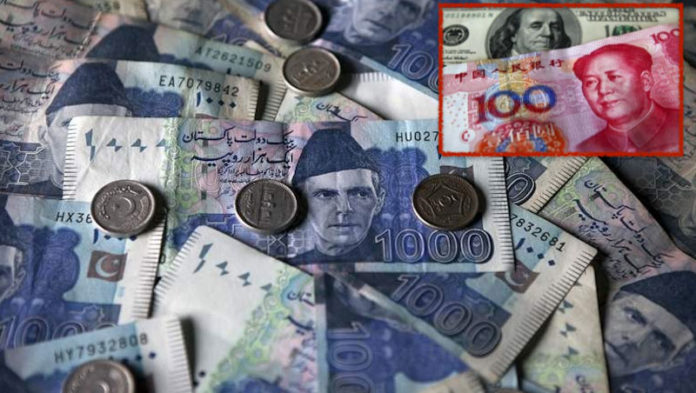Pakistan to woo the International Monetary Fund (and China) seeking bailout
The new budget seeks to address the country's economic woes with a new deal with the IMF to avoid default. Similarly, Prime Minister Sharif paid an official visit to Beijing in the hope of signing new economic cooperation agreements, but China’s response has been lukewarm.
Islamabad (AsiaNews) – Pakistan's Finance Minister, Ishaq Dar, today tabled the budget for the 2024-2025 fiscal year before the National Assembly (the lower house of Parliament).
The new financial plan will seek to respond to the country's economic challenges by trying to secure a new deal with the International Monetary Fund (IMF), coming after Prime Minister Shahbaz Sharif's visit to China, which ended with fewer pledges for investment than Islamabad expected.
Pakistan is going through a severe economic crisis, characterised by rising inflation, stagnant growth, and a huge foreign debt.
Yesterday, the government announced revised growth predictions for the current year, from a target of 3.5 per cent to 2.4 per cent, this despite a 30 per cent increase in revenue compared to the previous year.
Other targets were not set, but the agricultural sector experienced unprecedented growth, at 6.25 per cent.
Islamabad is still in talks with the International Monetary Fund for a loan of US$ 6 billion to US$ 8 billion to avoid default.
The IMF’s demands include greater tax revenues, a cut in subsidies, higher taxes on power, gas and oil sectors, privatising sick government organisations and an improved administration.
According to economist Sakib Sherani, the budget will be in line with the IMF's requirements, but he warned that “the real problem will be adherence to fiscal austerity and prudence and containment of populism.”
Between 4 June and 8, Pakistani Prime Minister Shehbaz Sharif was in Beijing looking for new investments through new energy and infrastructure agreements in the China-Pakistan Economic Corridor (CPEC), one of China's Belt and Road Initiatives (BRI) to connect Asia to Europe and Africa.
“The Chinese have become wary of putting in more money since they know it is a financial black hole due to Pakistan's long-term poor economic circumstances,” said Jeremy Garlick, an associate professor of international relations at Prague University of Economics and Business, speaking to Nikkei Asia.
“China needs to maintain the façade that CPEC is working because it is supposed to be a key part of the BRI,” the expert added.
Last month, Islamabad requested an additional US$ 17 billion of China-funded energy and infrastructure projects following a key meeting of the body that decides on future CPEC investments.
After Prime Minister Sharif's visit, Beijing issued a statement barely mentioning the upgraded economic cooperation agreement.
China agreed, nevertheless, to go ahead with the US$ 6.7 billion Main Line-1 rail project, to be built in three phases, expected to improve connections between the southern city of Karachi and Peshawar in the north.
China has only committed to the first phase, agreeing to modernise a part of the Karakoram highway that connects the two countries through mountainous terrain, and is often closed during the winter due to snowfall.
But experts note that it is unlikely that new economic cooperation agreements will be signed because the security situation in Pakistan, particularly over the last year, has deteriorated considerably.
An attack killed several Chinese engineers in March, and it was not the first of its kind. Pakistan also owes US$ 15 billion to Chinese energy producers.
“We will not see big investments, nor will we see China [completely] withdrawing from cooperation with Pakistan," Garlick told Nikkei Asia.
For Mohammad Shoaib, an assistant professor at Quaid-i-Azam University Islamabad, further progress on Chinese investment in Pakistan will likely be slow. Instead, “CPEC will continue to be a major enterprise in terms of rhetoric only," he noted.







.png)










